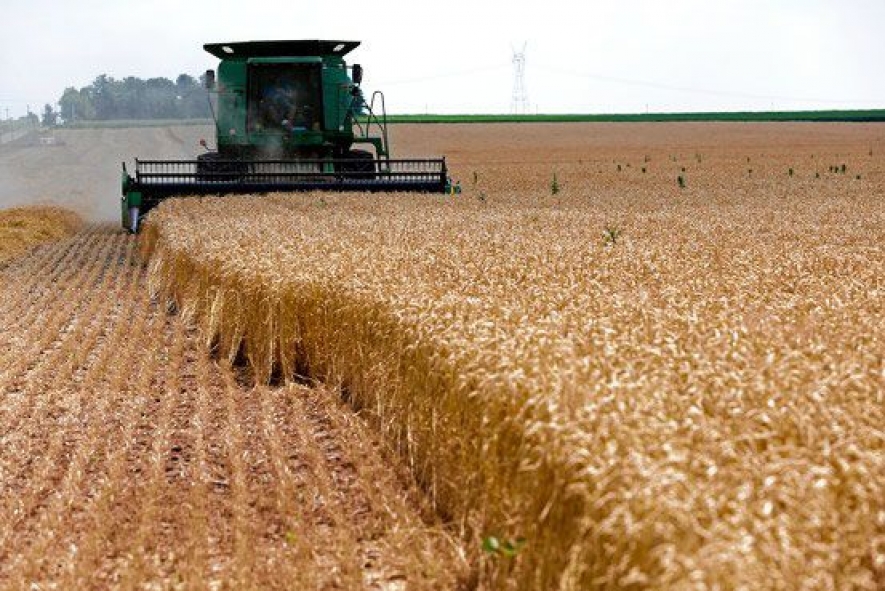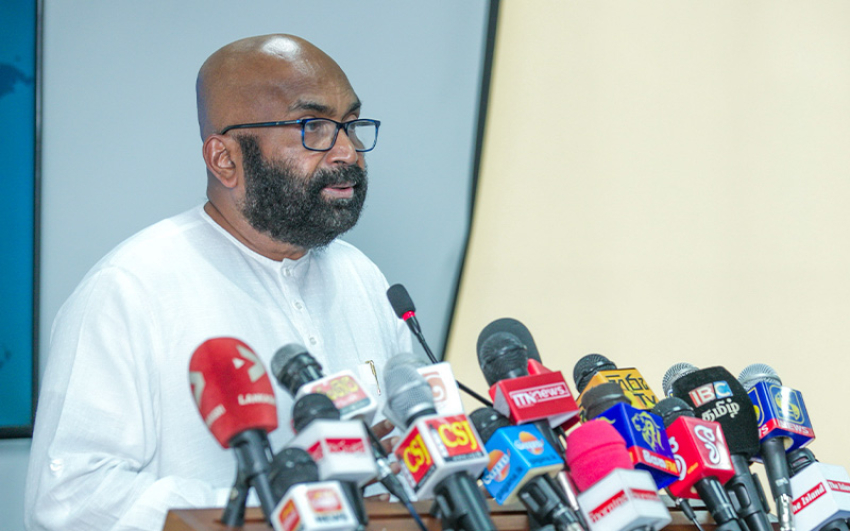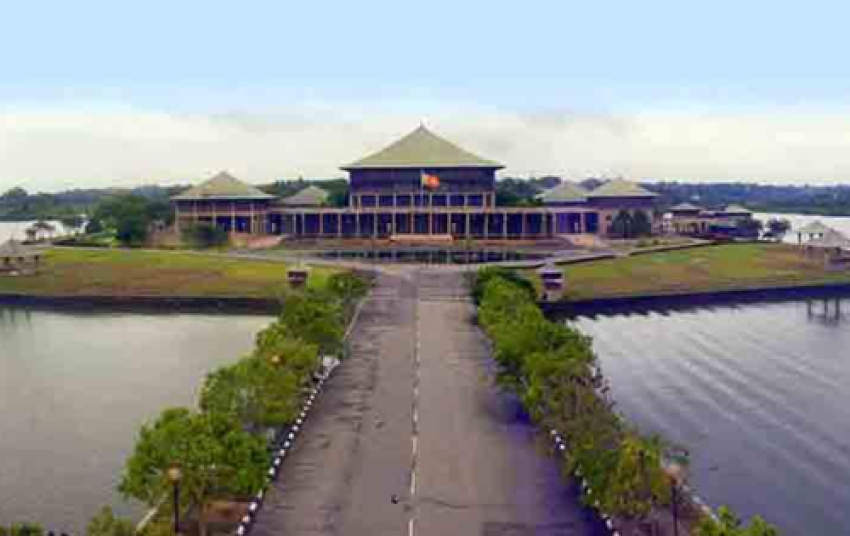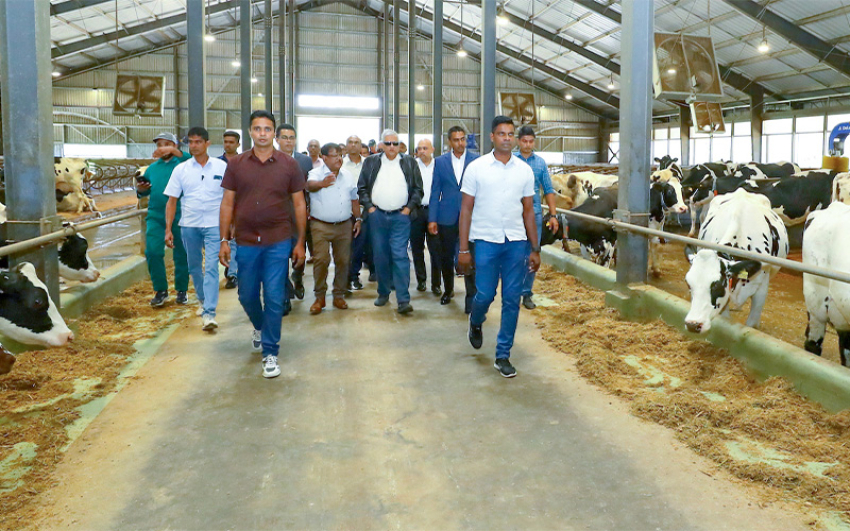The Brazilian record represents a rise of 2.4 percent compared to 2013. Of the exportable areas, the grain of soy was the first, with 86.4 million tons, a 5.8 percent more than in 2013.
Brazil is the 2nd world producer of soy, which is rich in proteins and fat, only excelled by the US.
China buys most of Brazilian soybeans to feed livestock, and sales of this product represent more than 23 percent of the annual GDP of the South American nation.
By 2015, the Brazilian agribusiness expected to break the record again with a harvest of over 198 million tons, despite the drought in the Southeast, where the main plantations are concentrated.
Increasing agricultural production is possible because the acreage will reach 56 million hectares, thanks to the agrarian reform by the government of Dilma Rousseff. This reform, which aims to give unemployed peasants a plot of idle land, is one of the electoral promises of the President and is one of the measures to put the economy at competitive levels in the international arena.
In 2015, IBGE expects an increase in market prices for various products of the soil, such as beans (with an uptick in 11 percent compared to last year), peanuts (10.7), the soybean (9), rice (1.4) and corn (0.3).
The Brazilian state aims to alleviate the effects of the slowing economy with increasing agricultural production: last year GDP barely grew and by 2015 is expected to increase 0.5 percent.
Other measures adopted by the Brazilian authorities include an adjustment of interest rates and a plan of cuts in state spending, which expects to save more than 8 billion dollars a year.




















